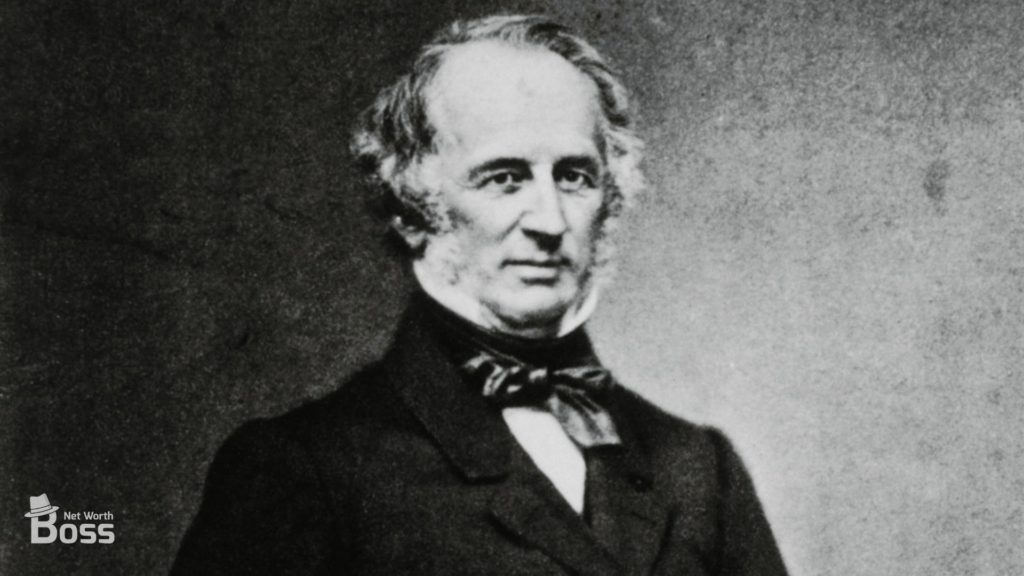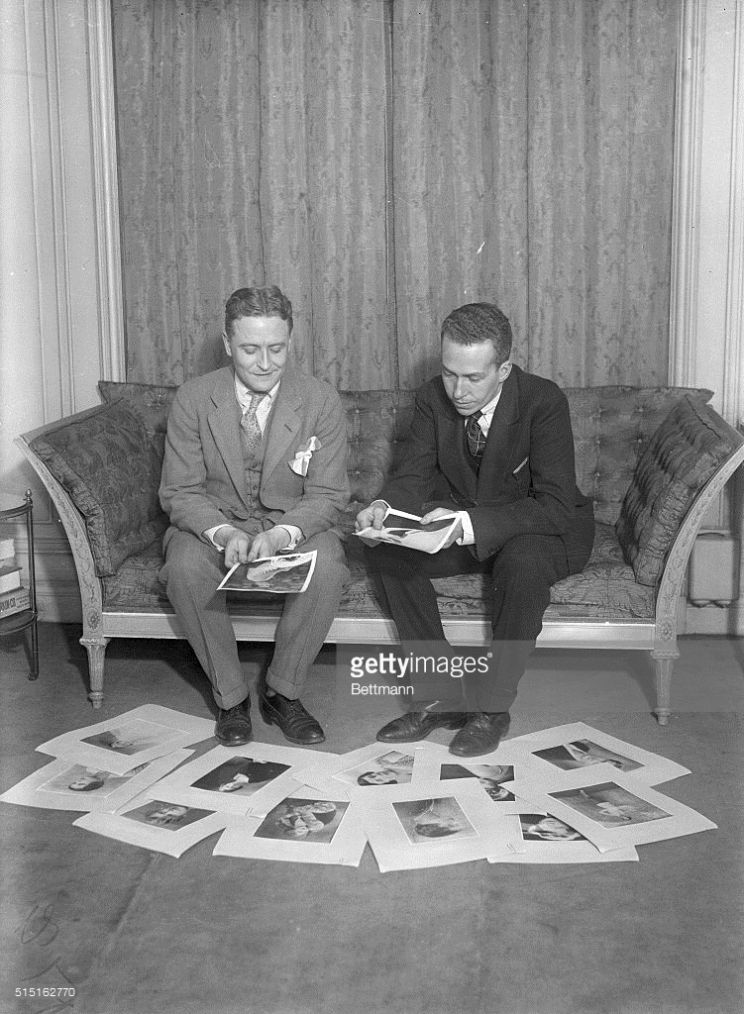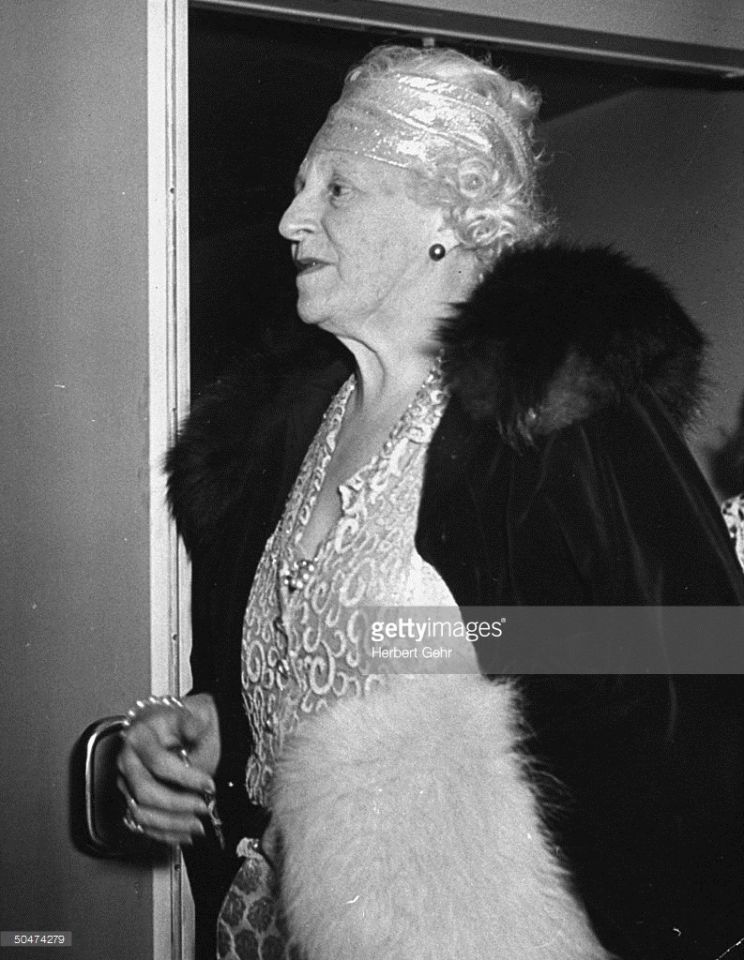Cornelius Vanderbilt's net worth remains a subject of fascination for historians and business enthusiasts alike. Often regarded as one of the wealthiest individuals in American history, Vanderbilt's fortune was built through his visionary investments in shipping and railroads. His life and financial achievements serve as a testament to the power of entrepreneurship and strategic business acumen. In this article, we will explore the life, wealth, and legacy of Cornelius Vanderbilt, unraveling the secrets behind his extraordinary success.
Vanderbilt's journey from a humble ferry operator to a transportation magnate is nothing short of inspiring. His ability to adapt to changing market conditions and his relentless pursuit of profit transformed him into one of the most influential figures of the 19th century. By the time of his death, his net worth was estimated to be among the highest in history, even when adjusted for inflation.
Through this article, we aim to provide a comprehensive overview of Cornelius Vanderbilt's net worth, his business ventures, and the impact he left on the American economy. Whether you're a history buff, a finance enthusiast, or simply curious about the origins of wealth, this article will offer valuable insights into the life and legacy of this legendary figure.
Read also:Mosaic Apartments Opa Locka
Table of Contents
- Biography of Cornelius Vanderbilt
- Early Life and Background
- Building the Shipping Empire
- The Railroad King
- Net Worth of Cornelius Vanderbilt
- Business Strategy and Innovations
- Family Legacy and Wealth Distribution
- Historical Impact and Influence
- Modern Relevance of Vanderbilt's Wealth
- Conclusion: The Enduring Legacy of Cornelius Vanderbilt
Biography of Cornelius Vanderbilt
Early Life and Background
Born on May 27, 1794, in Staten Island, New York, Cornelius Vanderbilt came from humble beginnings. His parents were farmers, and from a young age, he displayed a keen interest in business. At the age of 16, he borrowed $100 from his mother to purchase a periauger, a small boat used for ferrying goods across the New York Harbor. This marked the beginning of his entrepreneurial journey.
Key Milestones in Vanderbilt's Career
Below are some of the key milestones in Cornelius Vanderbilt's life:
- 1810: Started his ferry service business.
- 1818: Entered the steamboat industry, which would later become the foundation of his fortune.
- 1860s: Shifted his focus to railroads, acquiring control of several major rail lines.
- 1877: Passed away, leaving behind a vast fortune estimated at $100 million.
Here is a summary of Cornelius Vanderbilt's personal data:
| Full Name | Cornelius Vanderbilt |
|---|---|
| Birth Date | May 27, 1794 |
| Death Date | January 4, 1877 |
| Place of Birth | Staten Island, New York |
| Net Worth (at death) | $100 million (equivalent to approximately $2.8 billion in 2023) |
Early Life and Background
Cornelius Vanderbilt's early life was shaped by the modest environment of Staten Island. His parents, Cornelius Van Derbilt and Phebe Hand, were farmers who instilled in him the value of hard work and perseverance. Despite having limited formal education, Vanderbilt's natural intelligence and business acumen allowed him to thrive in the competitive world of transportation.
His decision to invest in a periauger at the age of 16 demonstrated his entrepreneurial spirit. By charging competitive rates for ferry services, he quickly established a reputation for reliability and efficiency. This early success laid the groundwork for his future ventures in shipping and railroads.
Building the Shipping Empire
One of the defining aspects of Cornelius Vanderbilt's career was his dominance in the shipping industry. By the early 1800s, he had transitioned from small ferry operations to larger steamboat enterprises. His ability to undercut competitors' prices while maintaining profitability earned him the nickname "Commodore."
Read also:Troy Francisco Real Name
Vanderbilt's shipping empire expanded rapidly, and by the 1840s, he controlled a significant portion of the steamboat traffic along the East Coast. He also ventured into international shipping, establishing routes to Central and South America. This diversification helped him weather economic downturns and solidify his position as a leading figure in the industry.
The Railroad King
In the 1860s, Cornelius Vanderbilt shifted his focus to railroads, recognizing the growing importance of land-based transportation. He acquired control of several major rail lines, including the New York Central Railroad, through a combination of shrewd negotiations and aggressive stock purchases.
His consolidation of railroads into a single network revolutionized the industry, making it more efficient and profitable. Vanderbilt's leadership in the railroad sector further increased his wealth, cementing his status as one of the richest men in America.
Net Worth of Cornelius Vanderbilt
At the time of his death in 1877, Cornelius Vanderbilt's net worth was estimated at $100 million, equivalent to approximately $2.8 billion in today's dollars. This figure places him among the wealthiest individuals in American history. His fortune was built through a combination of strategic investments, cost-cutting measures, and a relentless pursuit of efficiency.
Vanderbilt's net worth was not only impressive in absolute terms but also in relation to the overall economy of the time. His wealth represented a significant portion of the nation's GDP, underscoring his impact on the American economy.
Business Strategy and Innovations
Cornelius Vanderbilt's success can be attributed to his innovative business strategies and willingness to adapt to changing market conditions. Some of the key aspects of his approach include:
- Cost Leadership: Vanderbilt consistently sought to reduce costs, allowing him to offer lower prices than his competitors.
- Vertical Integration: By controlling various aspects of the transportation process, he eliminated middlemen and increased profitability.
- Technological Advancements: He embraced new technologies, such as steam power, to improve efficiency and expand his operations.
These strategies not only contributed to his financial success but also set a precedent for future business leaders.
Family Legacy and Wealth Distribution
Upon his death, Cornelius Vanderbilt left the majority of his fortune to his eldest son, William Henry Vanderbilt, who continued to grow the family's wealth. However, he also made provisions for his other children and grandchildren, ensuring that his legacy would endure for generations.
The Vanderbilt family went on to become one of the most prominent families in America, with their wealth funding numerous philanthropic endeavors and the construction of iconic landmarks such as the Biltmore Estate.
Historical Impact and Influence
Cornelius Vanderbilt's influence extends far beyond his personal wealth. His contributions to the transportation industry helped shape the modern American economy. The infrastructure he developed facilitated the growth of commerce and industry, laying the foundation for the nation's economic expansion.
Moreover, his business practices set a standard for future entrepreneurs, emphasizing the importance of innovation, efficiency, and strategic planning. Vanderbilt's legacy continues to inspire business leaders and historians alike.
Modern Relevance of Vanderbilt's Wealth
In today's world, Cornelius Vanderbilt's net worth serves as a reminder of the potential for wealth creation through entrepreneurship and innovation. While the economic landscape has changed significantly since the 19th century, the principles that guided Vanderbilt's success remain relevant.
His story also highlights the importance of adaptability in business. Just as Vanderbilt transitioned from shipping to railroads, modern entrepreneurs must be willing to pivot in response to changing market conditions. By studying his life and achievements, we can gain valuable insights into the nature of wealth and its role in society.
Conclusion: The Enduring Legacy of Cornelius Vanderbilt
In conclusion, Cornelius Vanderbilt's net worth is a testament to his extraordinary business acumen and visionary leadership. From his humble beginnings as a ferry operator to his status as one of the wealthiest individuals in history, his life serves as an inspiration to aspiring entrepreneurs and business leaders.
As we reflect on his legacy, it is important to recognize the impact he had on the American economy and the lessons we can learn from his experiences. We encourage readers to share their thoughts and insights in the comments section below. Additionally, feel free to explore other articles on our site for more fascinating stories of historical figures and their contributions to society.
Sources:
- Hochschild, A. (2008). 50 Children: One Ordinary American Couple's Extraordinary Rescue Mission. Houghton Mifflin Harcourt.
- Stiles, T. J. (2009). The First Tycoon: The Epic Life of Cornelius Vanderbilt. Alfred A. Knopf.
- Encyclopedia Britannica. (2023). Cornelius Vanderbilt. Retrieved from https://www.britannica.com/biography/Cornelius-Vanderbilt


